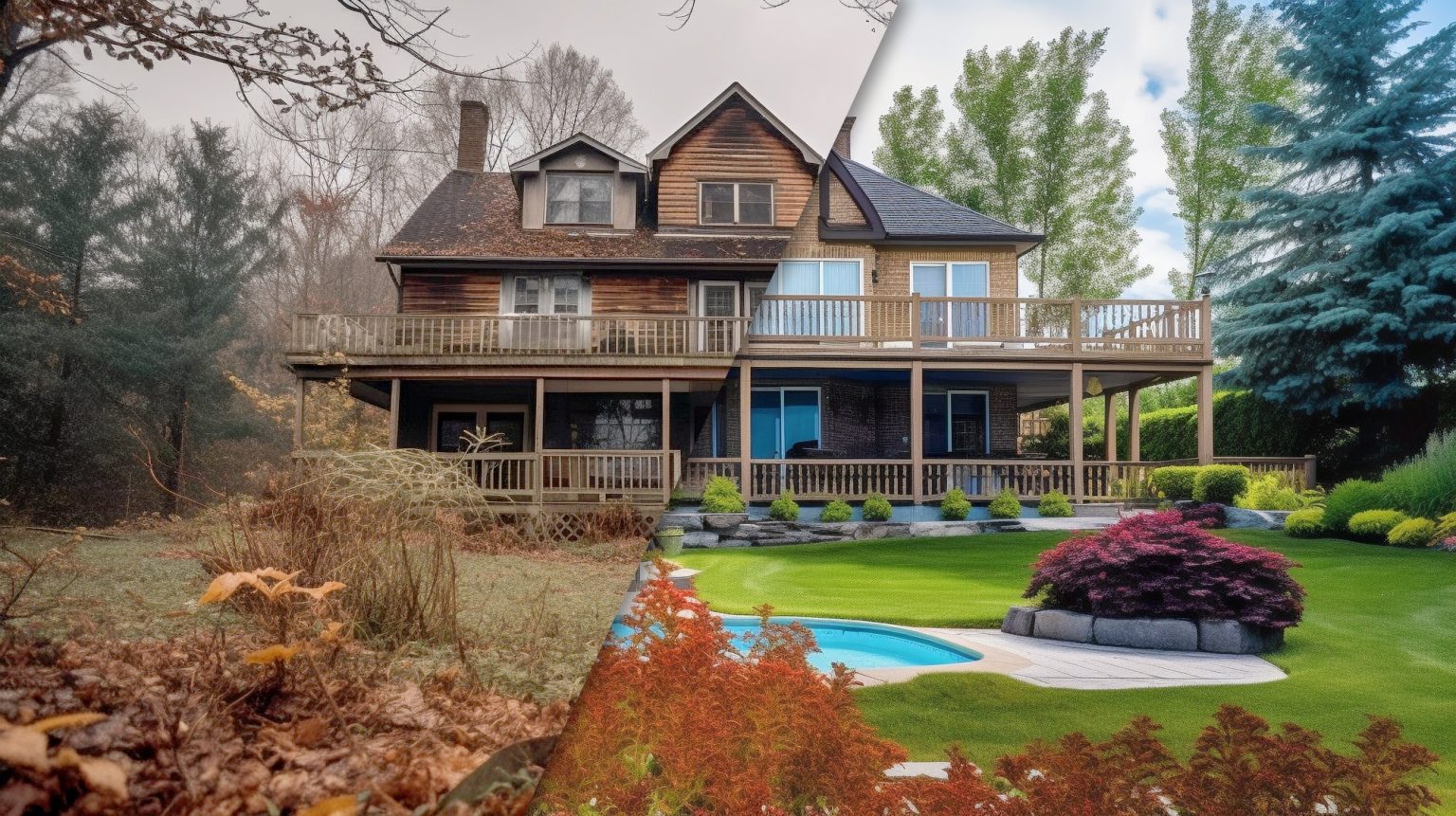Making The Right Choice For Your Driveway
 Whether you are building a new driveway or refurbishing an old driveway, there are a few things to consider. Keep in mind, the driveway has to be functional, require low or no maintenance and be durable. The type of material chosen will depend on how much the driveway will be used and the type of vehicles that will use it.
Whether you are building a new driveway or refurbishing an old driveway, there are a few things to consider. Keep in mind, the driveway has to be functional, require low or no maintenance and be durable. The type of material chosen will depend on how much the driveway will be used and the type of vehicles that will use it.
Block paving provides a durable and impervious surface preventing the driveway from becoming a mud pit after a rain storm or excessive snow melt. Block pavers are more decorative than concrete or tarmac. They increase the overall visual appeal to the driveway and home. Breaking and cracking is a common problem with tarmac and concrete, but not so with block pavers. Being individual units, block pavers are easier to maintain and repair, saving overall costs in the long run. In the event of damage, the pavers are easily replaced.
Block paving is available in slightly different sizes and shades of colour making them versatile when it comes to creating different patterns. The labour required to place the brick is more intensive than tarmac and concrete, but the result is more attractive. Block pavers are often used as a transition piece when blending the driveway into the surrounding elements. The pavers have a more subtle look than concrete or tarmac.
One of the deciding factors when choosing block pavers over other traditional means of driveway construction is cost. Block pavers are more costly per square foot than tarmac or concrete, but the overall cost depends on the area of the driveway. Block pavers require less maintenance and this is one of its benefits. The biggest challenge is preventing vegetative growth between the pavers and discouraging moss or algae build up on the pavers. Applying sealer to the pavers will help prevent the negative effects. The sealer will also protect the pavers from becoming discoloured from oil or other automotive liquid drips.
Block pavers hold up well to light traffic, but are not suitable for high traffic driveways or driveways that experience a lot of truck traffic. Under those conditions, the pavers will be subject to frequent cracking and breaking and the need for constant repair. High traffic areas are better candidates for tarmac or reinforced concrete surfaces or even hard pack gravel.
Climates that experience a lot of snow and ice might find ploughing or using a snow blower challenging to avoid damaging the pavers. If the blade of the blower or plough catches the corner of a paver, the pavers could be dislodged or damaged to the point where they need to be replaced. Tarmac and concrete are better at standing up to the wear and tear snow brings and typically experience less damage.







